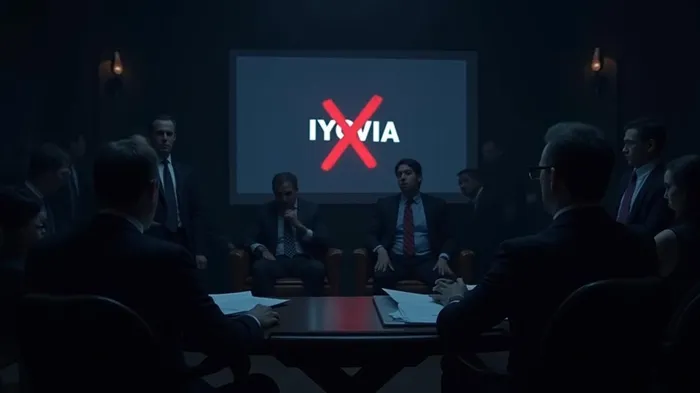FTC Accuses IYOVIA of $1.2B Cryptocurrency Fraud Scheme
The Federal Trade Commission (FTC) has taken legal action against IYOVIA, formerly known as IM Academy, accusing the company of orchestrating a multi-level marketing scheme that has allegedly defrauded investors of over $1.2 billion. The FTC, in conjunction with the state of Nevada, asserts that IYOVIA has misrepresented its services and training programs, resulting in substantial financial losses for its victims.
IYOVIA, which rebranded to its current name in November 2024, is accused of employing deceptive tactics to attract investors into its cryptocurrency investment training programs. The FTC alleges that IYOVIA promised its members financial freedom and significant returns on their investments. However, the reality was that the company's training programs were structured to benefit top-level members at the expense of lower-level participants.
The FTC's complaint contends that IYOVIA's business model operates as a pyramid scheme, where the primary income for members comes from recruiting new participants rather than from the sale of legitimate products or services. The FTC and Nevada argue that IYOVIA's training programs serve as a facade for a fraudulent scheme, and that the company has used aggressive marketing tactics to recruit new members and extract money from them.
The FTC's complaint aims to stop IYOVIA's deceptive practices and to provide restitution to the victims of the scheme. Additionally, the FTC is seeking a permanent ban on the company's founders and top-level members from engaging in similar business activities in the future. This action by the FTC is part of a broader initiative to combat fraudulent multi-level marketing schemes and to safeguard consumers from deceptive business practices.
This case highlights the growing concern over the prevalence of fraudulent schemes in the cryptocurrency investment sector. The FTC's intervention underscores the importance of regulatory oversight and consumer protection in an industry that is often characterized by high-risk investments and complex financial instruments. The outcome of this legal action could set a precedent for future cases involving similar deceptive practices, sending a clear message to companies that engage in fraudulent activities.
The allegations against IYOVIA raise questions about the transparency and legitimacy of multi-level marketing schemes, particularly those that involve cryptocurrency investments. The FTC's complaint serves as a reminder to investors to exercise caution and conduct thorough due diligence before participating in such programs. The regulatory body's efforts to hold IYOVIA accountable for its alleged misconduct are a step towards ensuring that consumers are protected from predatory business practices.

Quickly understand the history and background of various well-known coins
Latest Articles
Stay ahead of the market.
Get curated U.S. market news, insights and key dates delivered to your inbox.



Comments
No comments yet